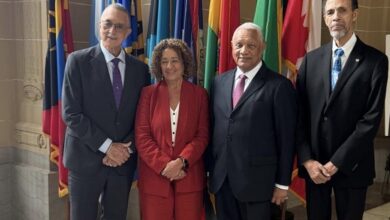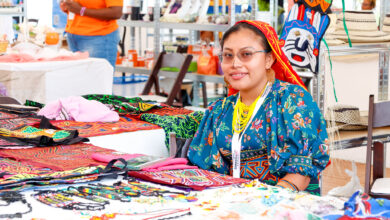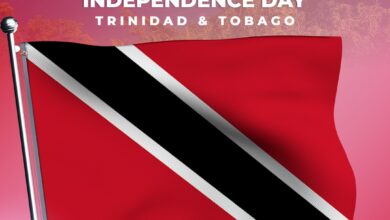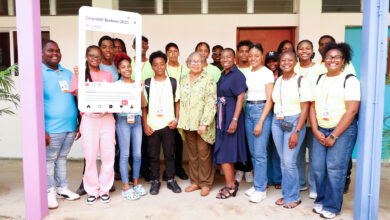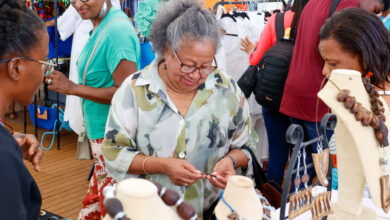(CARICOM Secretariat, Turkeyen, Greater Georgetown, Guyana) The 23rd Meeting of the CARICOM Council for Human and Social Development (COHSOD XXIII) with its focus on children and youth opened in Guyana on Tuesday with a chorus call for an integrated and holistic approach to tackling one of the Region’s most pressing challenges – violence against children and youth.
Guyana’s Minister of Youth, Culture and Sport and Chair of the COHSOD, the Hon Dr Frank Anthony stressed that the ultimate aim of working with and for children was to make the Region a better place for them to live, grow and develop.
“Making the CARICOM Region fit for children should be everybody’s business,” he asserted.
Fourteen Member States, including ten Ministers with responsibility for children and youth and other regional and international stakeholders were present at the meeting convened under the theme: Charting our future: an integrated development agenda for children and youth.
Dr Anthony noted that the fact that Member States were very well represented at the meeting was a clear indication of their conviction that a holistic approach “is absolutely necessary to effectively implement the regional priority actions pertaining to children and youth …”
The increase in child sexual abuse, particularly intra-familial abuse in the home, he stated, was indeed cause for concern and a collaborative approach to solving the problem was needed.
“No one government, organization or agency can do it alone; it has to be a collaborative effort with all relevant stakeholders, school, home, church, community groups, institutions making a contribution,” the Guyana Minister of Youth Culture and Sport concluded.
Mr Suleiman Braimoh, UNICEF’s Representative for Suriname and Guyana added that despite the progress made, there was still significant work to be done in protecting the Region’s children. He pointed to inequities in the situation of children associated with geographical location and in child outcomes linked to wealth educational attainment and other variables, and suggested that the COHSOD was in a unique position to provide leadership to help Member States move forward.
The UNICEF representative re-affirmed his commitment to supporting CARICOM in assessing shortfalls and gaps in realizing child rights; in developing solid knowledge of the causes of the shortfalls and using that knowledge to design, implement, monitor and evaluate programmes at the regional and sub-regional levels “to advance respect, protection and fulfillment of child rights.”
Meanwhile, Dean of the CARICOM Youth Ambassador Corps, Jamaica’s Dwayne Gutzmer drawing on his country’s rich aphorisms, “one han yan clap,” emphasized the need for an intergenerational approach to addressing children and youth issues. He told the COHSOD meeting that his peers had asked him to deliver the clear message that they wanted to be engaged from the inception and planning stage of programmes, policies and activities that were geared toward their development.
“We know that we cannot do it on our own! We have seen where having programmes and policies developed for youth without the inclusion of youth have failed over the years! It is now time for an intergenerational approach!” Gutzmer declared.
British Poet Edgar Guest’s poem, It couldn’t be done, interpreted and presented by two 10 year-olds – Jada Campbell and Loren Black – provided a fitting synthesis of the decision of regional partners to work together to “do what couldn’t be done.”

